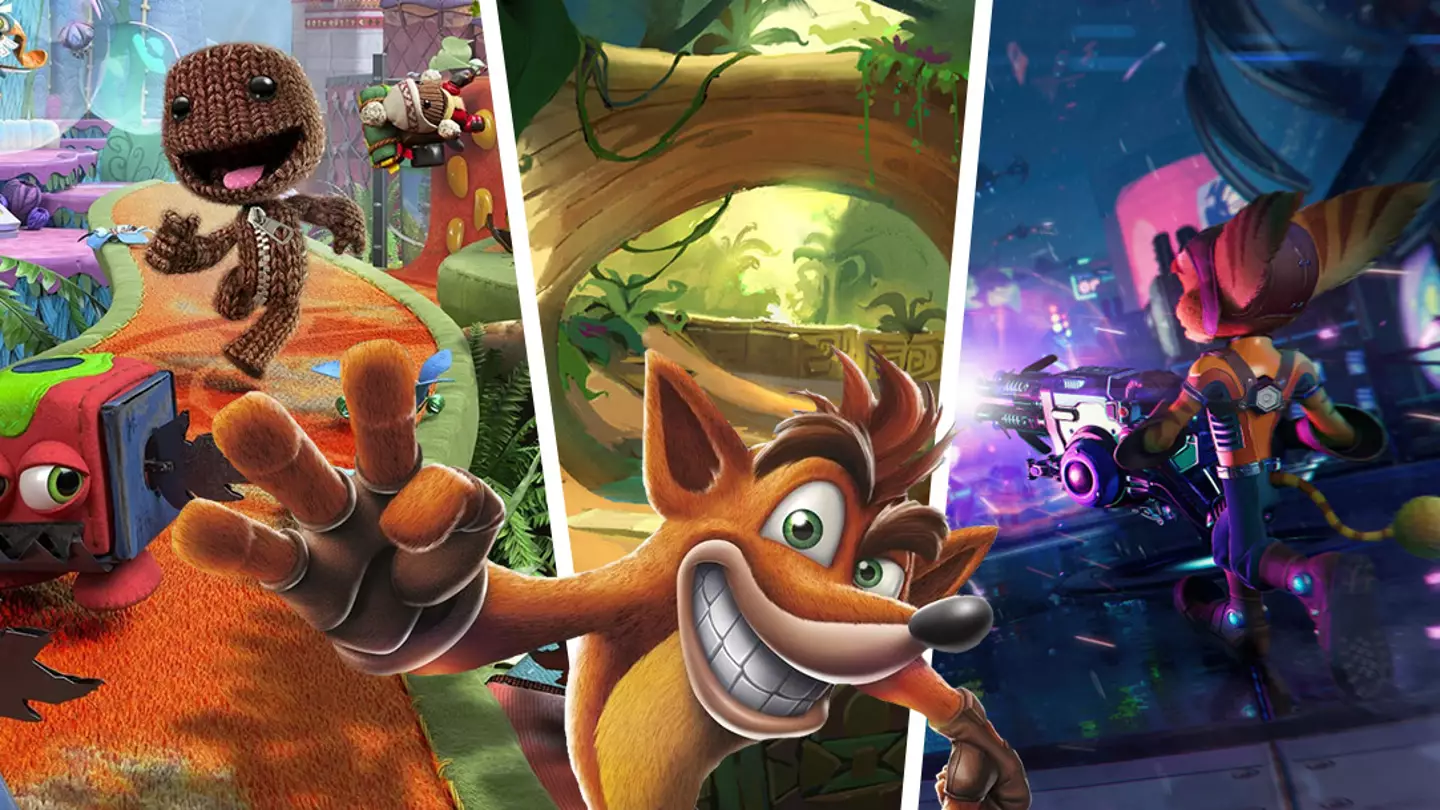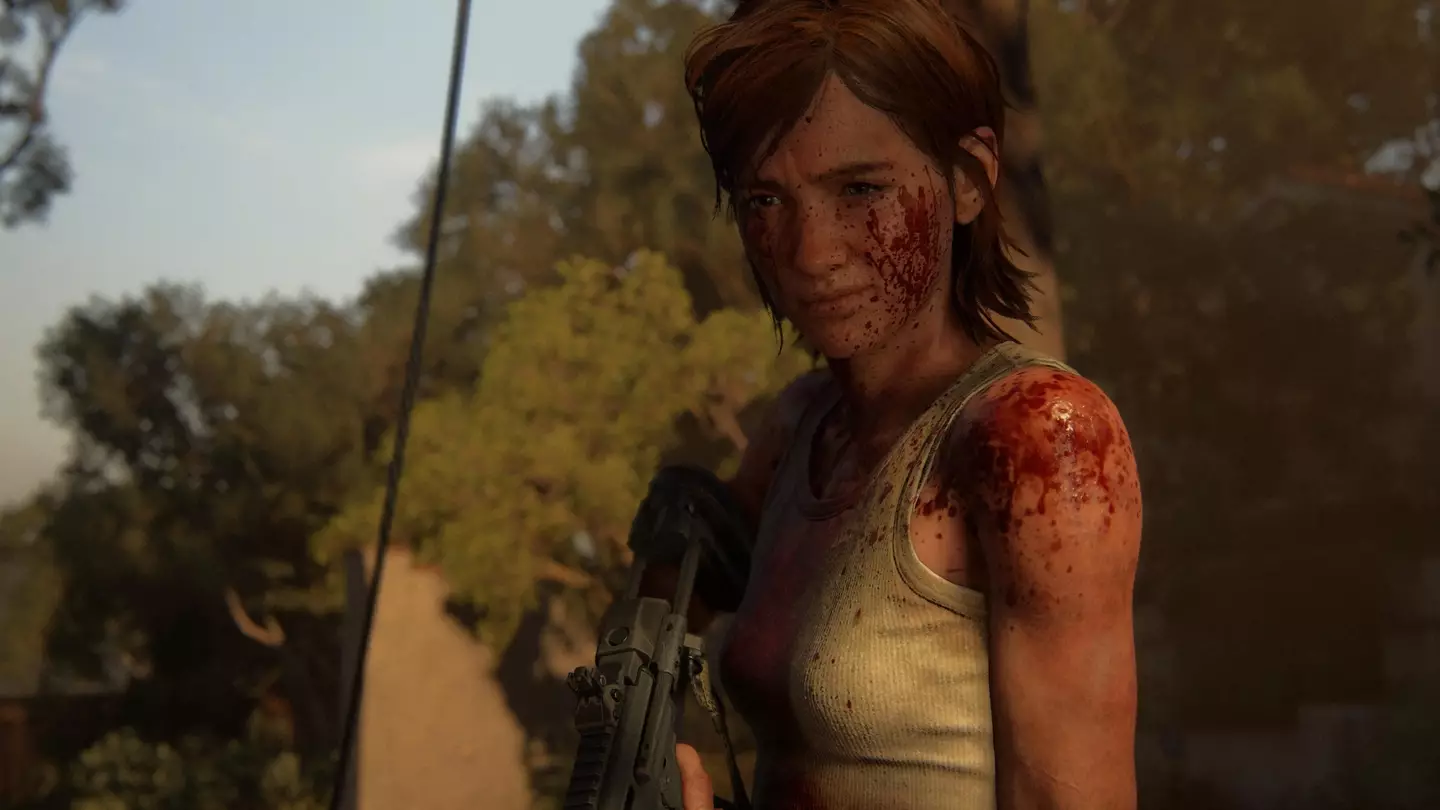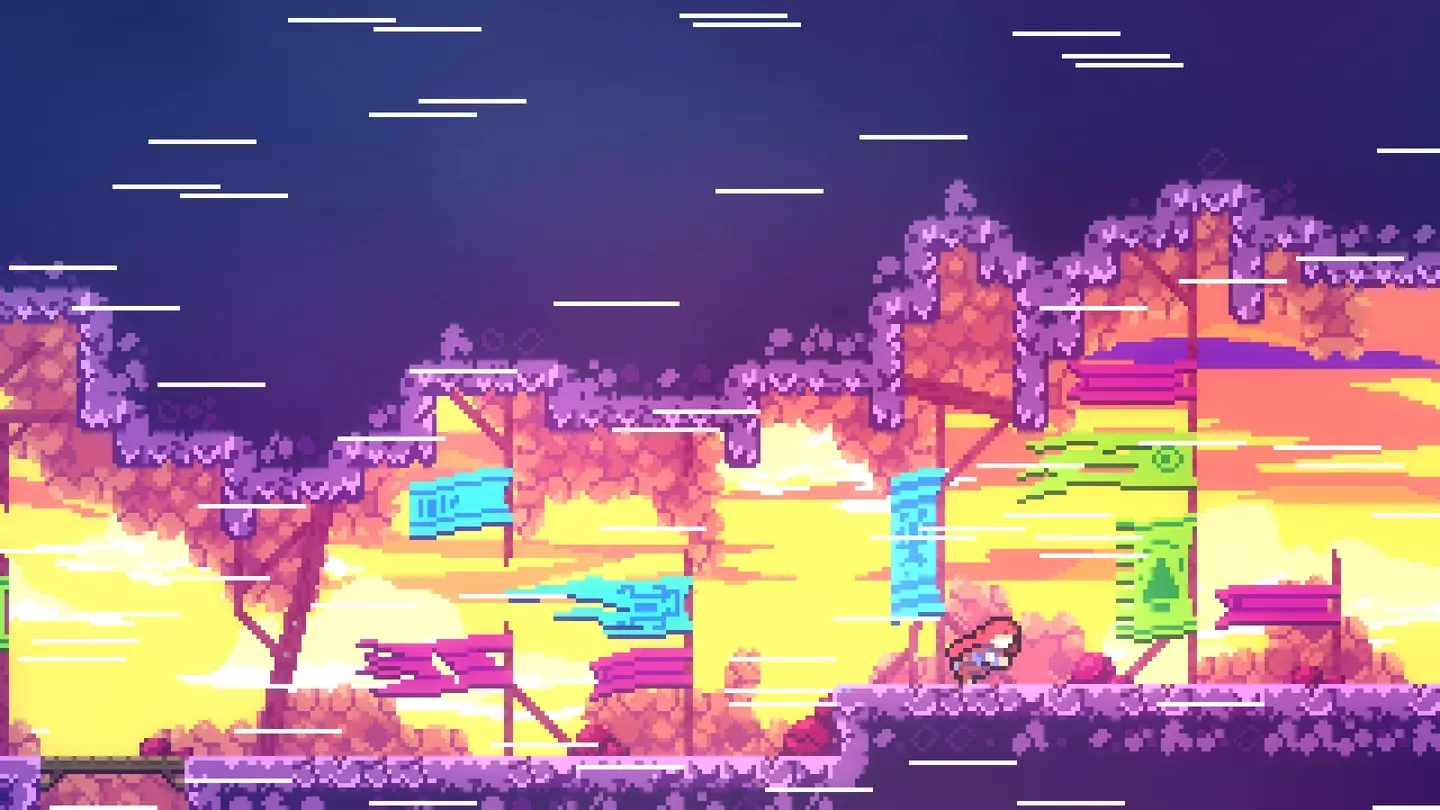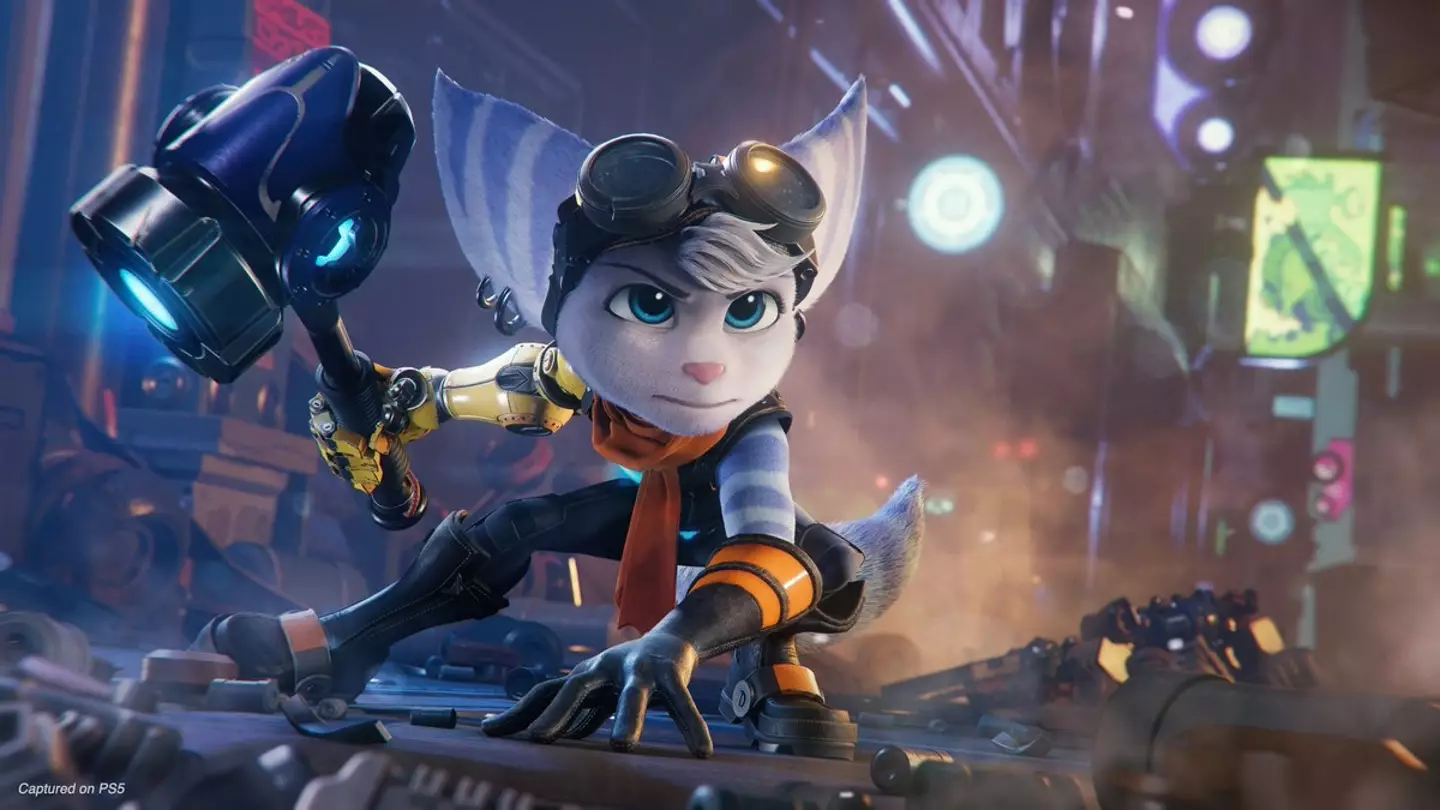
I have always adored platformers. I suspect it’s because when I snuck onto my brother’s original PlayStation back in the early 00s, those were the games at my disposal. I’d cycle between Crash Bandicoot, Spyro The Dragon, and Croc: Legend of the Gobbos on repeat. As I grew older, my horizons inevitably widened. The Nintendo DS Lite introduced me to New Super Mario Bros while the PlayStation 4 led to my first encounter with Ratchet & Clank.
From Sonic The Hedgehog to Kirby, or Sly Cooper to Sackboy, these names are instantly recognisable in the wider gaming sphere because there’s something so enduring about the platforming genre. Trends may change. The dominant want may shift from 2D to 3D and back again, but the end goal always remains the same. As much as I’ve always found enjoyment in the ongoing relevance of so many of my nostalgic favourites, I cannot help but feel like the platforming genre is at a crucial tipping point. The eagle-eyed of you may have realised that I’m yet to mention a female lead character.
Princess Peach Showtime is set to launch on 22 March.
It’s hard to comprehend that in today’s market, female platforming characters are lagging so far behind their male counterparts. The genre is certainly not absent of female representation but it could easily be doing a whole lot more. Princess Peach is the perfect example to kick things off. The character debuted all the way back in 1984. Here we are in the year 2024, 40 years after the character’s original appearance and 20 mainline Mario games later, about to experience only our third Peach-centric entry in the form of Princess Peach Showtime.
Advert
Representation is important and, of course, doesn’t just apply to gender - nor just binary gender. As we celebrate International Women’s Day though, I can’t help but dwell on why change is so slow in a genre I love so dearly. I recently sat down to watch Grounded II: The Making of The Last of Us Part II which made a really important point about female representation. Following early teaser trailers, Part II was branded as misogynistic and outdated for its depiction of violence against women, with one site declaring ‘no woman could possibly have been involved in creating it’.
An angered Halley Gross, co-writer on the game, responded to the whole debacle pointing out that a woman (herself) wrote the scene in question that was being declared as misogynistic - a scene that featured several female actresses. As Halley stated, within both life and the world of The Last of Us, violence is a part of the female experience just as much as it is of the male experience. The simplification that we cannot explore such an act against a woman in a game is itself a step back in representation, not towards.

What Halley said struck such a chord with me. The nuanced emotion of Part II’s story is something I find fascinating, and relatable in parts. If we didn’t have Halley on the writing team saying, ‘Hey, this is okay. This is important to explore,’ we may not have ended up with the end product that we did. Between Ellie, Abby, and Dina, I see so much of myself. Visibility is important, and you need varied voices both behind the scenes and onscreen to achieve that.
Advert
Gender representation isn’t a box to tick. The inclusion of these characters, of female devs and writers, is a gateway to that new set of voices. I recall the outrage just last year when it was revealed that Star Wars Outlaws would be headed up by the female Kay Vess. One comment stands out in my mind: “Star Wars Jedi Survivor for girls,” one internet user wrote.
.png)
The idea that a female protagonist is designed to only offer appeal to a female audience is baffling. It goes without saying that it may provide female players with a stronger sense of identity with the lead but as I just pointed out, I grew up playing games predominantly with male leads, both in the platforming genre and beyond. I didn’t need to relate to their experience to enjoy the game. It’s clear though that in the last decade, with leading figures like Ellie and Aloy emerging, that we’re finally tapping into a wider array of experiences and perspectives - a move that’s only for the better.
We’ve seen tremors of this in the platforming genre. It would be wrong for me not to mention the excellent Celeste. Released in 2018, the game sees you assume the role of Madeline, a young woman suffering from anxiety and depression. It’s up to you to guide Madeline up Celeste Mountain, overcoming a personification of her own self-doubt in the form of Badeline. It’s one of the few female-led platformers I can name and what does it offer? Something new.

The joy of platforming mixed with a thoughtful exploration of mental health is unlike anything else seen in the genre up until this point. While, yes, Madeline didn’t necessarily have to be female for this tale to be told, the genre is all the richer for tapping into this previously unexplored experience, both in terms of gender and its handling of mental health. Celeste’s rave reviews translated to solid sales, offering a burgeoning sense of hope for platforming’s future. Audiences don’t simply want to see new iterations of what came before.
Advert
Much the same can be said for Princess Peach Showtime. While it just so happens that Peach’s first solo entry in almost 20 years is set to fall into the action-adventure category, it’s still clear that this is a character that’s challenged Nintendo to tap into something new in terms of the gameplay. It would also be an injustice to omit a character like Rivet. Ratchet and Clank: Rift Apart may just be one of my favourite platformers out there. Rivet perfectly walks the line of being both bold and vulnerable. Her PTSD grounds what is largely a bombastic tale, forcing the often exuberant Ratchet to exhibit subtler emotions. She enriches both the overall story and the characterisation of its long-time lead in a way that we might not have seen if we’d stuck simply to Ratchet and Clank as a duo.

Female characters in platforming have come a long way from the buxom likes of Crash Bandicoot’s original Coco but there’s still some way to go. It’s not about ticking a box or appealing to a certain audience. If we expand the breadth of the kind of experiences we tap into through protagonists, we increase the number of possible stories we can tell. Just as platforming has remained relevant throughout my life so far, I hope to see it continue to maintain its relevance into the future, but the only way to do that is to welcome growth. With Rivet and Madeline, we’re seeing that change is afoot. It’s time for platforming to take note and leap into its next evolution.
Featured Image Credit: Sony Interactive Entertainment, ActivisionTopics: PlayStation, Xbox, PC, Nintendo, Opinion, Super Mario, Crash Bandicoot